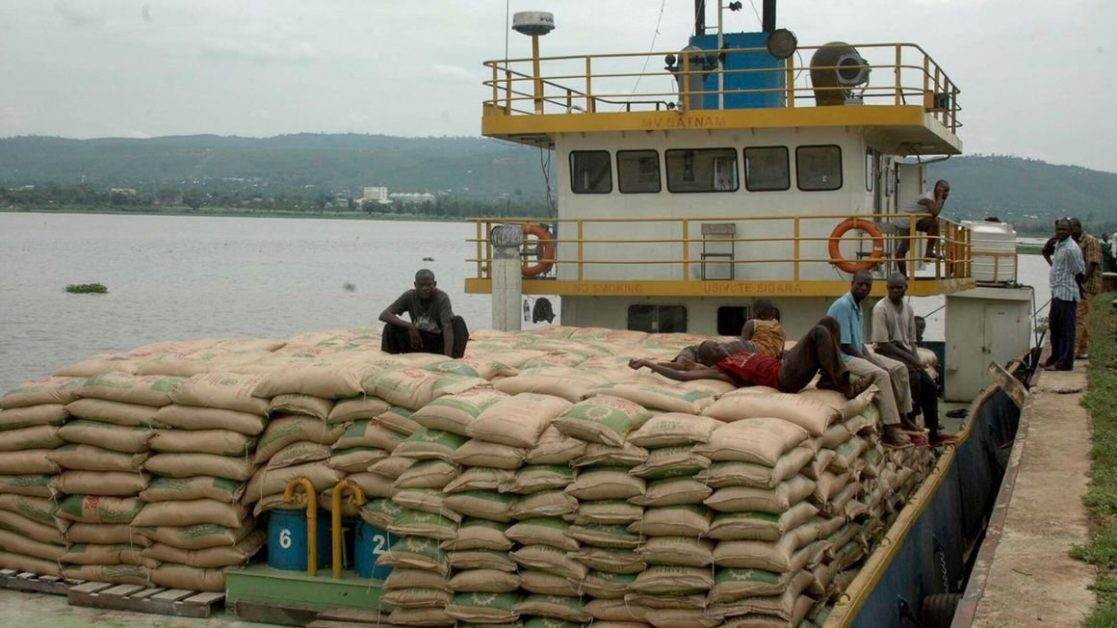Kenya bought half of its imported sugar from Uganda in August, making a total of 9,739 tonnes of sugar imported into the country.
According to data from the Sugar Directorate, of the 17,590 tonnes of sugar that Kenya imported in that month, Uganda exported 9,739 tonnes for a total value of Sh1.3 billion, or 56%.

“Kenya’s sugar imports from Uganda have increased in the months of August 2022 to a record 9,739tonnes. This represented 56% of the total sugar imports to the country, which stands at 17,590tones. Uganda’s goods export to Kenya during the same months which stands at $64.67 million (KSh7.8 billion) compared to previous months” the Kenya Kwanza government said in a statement.
Subscribe to YouTube Channel at Switch TV.
In July, Kenya did not import any sugar from Uganda, as the imports mainly came from Zambia, Mauritius and Zimbabwe as the sole suppliers of the sweetener.
Kenya relies on sugar imports from the regional countries and Uganda was the favorite market source for the commodity.
“Comesa Free Trade Area (FTA) countries supplied 8,030 tonnes to Kenya while Comesa non-FTA countries supplied 2,000 tonnes. EAC, specifically Uganda, supplied 9,739 tonnes. 17,590 tonnes was imported from non-Comesa countries,” reads part of previous statement from Kenya Kwanza.
“In August 2022, Uganda was the leading supplier of mill white/brown sugar (56 percent), while Thailand supplied 80 percent of total white refined sugar,” it added.
Just to lower cost of living on the Kenyan territory, the country imported 9,739tones of sugar worth KSh1.3 billion from Kampala in August 2022. Kenya’s sugar import represent-56% of the total sugar imported to the country, which stands at 17,590tonnes.
Sugar prices In September 2022 raised up by 24.7% to retail at around KSh155 and KSh170 per 1 kilogram.
The price of a 2kg packet of sugar rose from KSh250 to the current KSh312 across major supermarkets outlets on the Kenyan territory.
This saw Kenya’s inflation rise to a record high of 9.2% in just months, up from 8.5% reported in August.
Finally, the Kenya National Bureau of Statistics (KNBS) report attributed that the increase to the rise in food and fuel prices at 15.5% and 11.7%, respectively as the new ruling regime promise to lower the standards of living.
About the Author
Lumbasio Holman
Contributor
Digital Copy Editor, Digital Content Writer, Digital Publishing, Creative Writer, Feature Writer, and Blogger.















